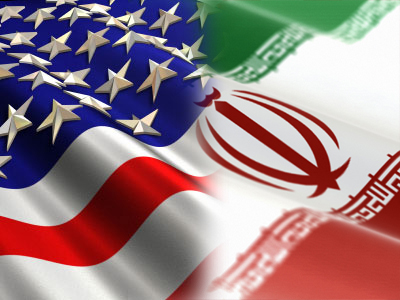Ahead of Britain’s exit from the European Union, The Breaker explores exactly what the EU does and how it works.
“This is a conversation that we are having now that we should have had sooner,” said MEP Wajid Khan to a group of visitors in a bright presentation room near the debating chamber of European Parliament. Mr Khan told the group “in every scenario, we are worse off,” outlining that regardless of political persuasion “nobody voted to become poorer.”
Mr Khan was discussing Brexit, explaining that people should recognise the reasons both sides voted the way they did and that these issues should have been taken seriously and addressed before the vote; “why should future generations not have the opportunities we had?” he added.
We were in the Paul Henri Spaak building, named after a Belgian politician who is considered to be a founding father of the EU. The building houses the Hemicycle, the debating chamber for important European votes.
The purpose of the visit, attended by Brits from both north and south of England was to learn more about the European Union and how it operates, as well as meeting Members of European Parliament (MEPs) for the North West and South West of England.
Mr Khan, who was joined by MEPs Julie Ward and Clare Moody, spoke about how Brexit might affect Britain and Ireland. Following this, an explanation from Henry Wasung, a civil servant, about what the European Union is and how it operates.
The role of the European Union
The EU was set up with a specific political aim – to try to make war impossible, Mr Wasung told us. However, unlike criticism suggests, the EU does not intend to be a “superstate”, he continued.
With 28 member states, and 751 MEPs representing European citizens, no single country has control over the leadership of the EU. Debate agendas are led on a rotating basis, with Bulgaria currently in this position. However, nobody can impose their will, Mr Wasung said, “no-one wins because everyone compromises.”
The EU operates in 24 official languages, with debates being translated live. Any country has the power to veto a vote and as any citizen of a member country can be elected as an MEP, all have the right to speak their own language. However, 90% of the EU’s work is done at the committee level.
Only one country has left the EU before Britain voted to leave, and five are currently candidates for joining. The conditions of joining are to comply with all the EU’s standards and rules, have the consent of EU institutions and members states, and have the consent of the citizens of the applicant country.
The criteria for joining means members must be stable institutions and guarantee democracy, the rule of law, human rights and respect for and protection of minorities, have a functioning market economy and the ability to implement membership obligations.
(Use ctrl+scroll on the map to zoom)
Home of European Parliament
Brussels seems an appropriate heart of European Politics. The past occupation of both German and French forces runs through the veins of the capital-region and is seen through street names and culture. Brussels has three official languages, French, Flemish and German. English is commonly spoken, thanks to the EU.
Strasbourg, France holds a second debating chamber and offices. The corridors of the offices in Brussels are lined with small hard cases, twelve times a year the MEPs pack up their entire office and ship it to Strasbourg.
The European Union is not without its flaws. The environmental impact of moving the contents of the building nearly 300 miles to Strasbourg each month is high, and in 2014, the EU estimated that around €100 million a year could be saved each year if this practice ended, “are there any members of the Green Party here?” Mr Wasung joked, quietly acknowledging the environmental impact of the mass migration.
However, Strasbourg is historically prominent and written into treaty. To move all parliamentary matters to Brussels, all member states must agree. There are also offices and the first EU debate chamber in Luxembourg.







